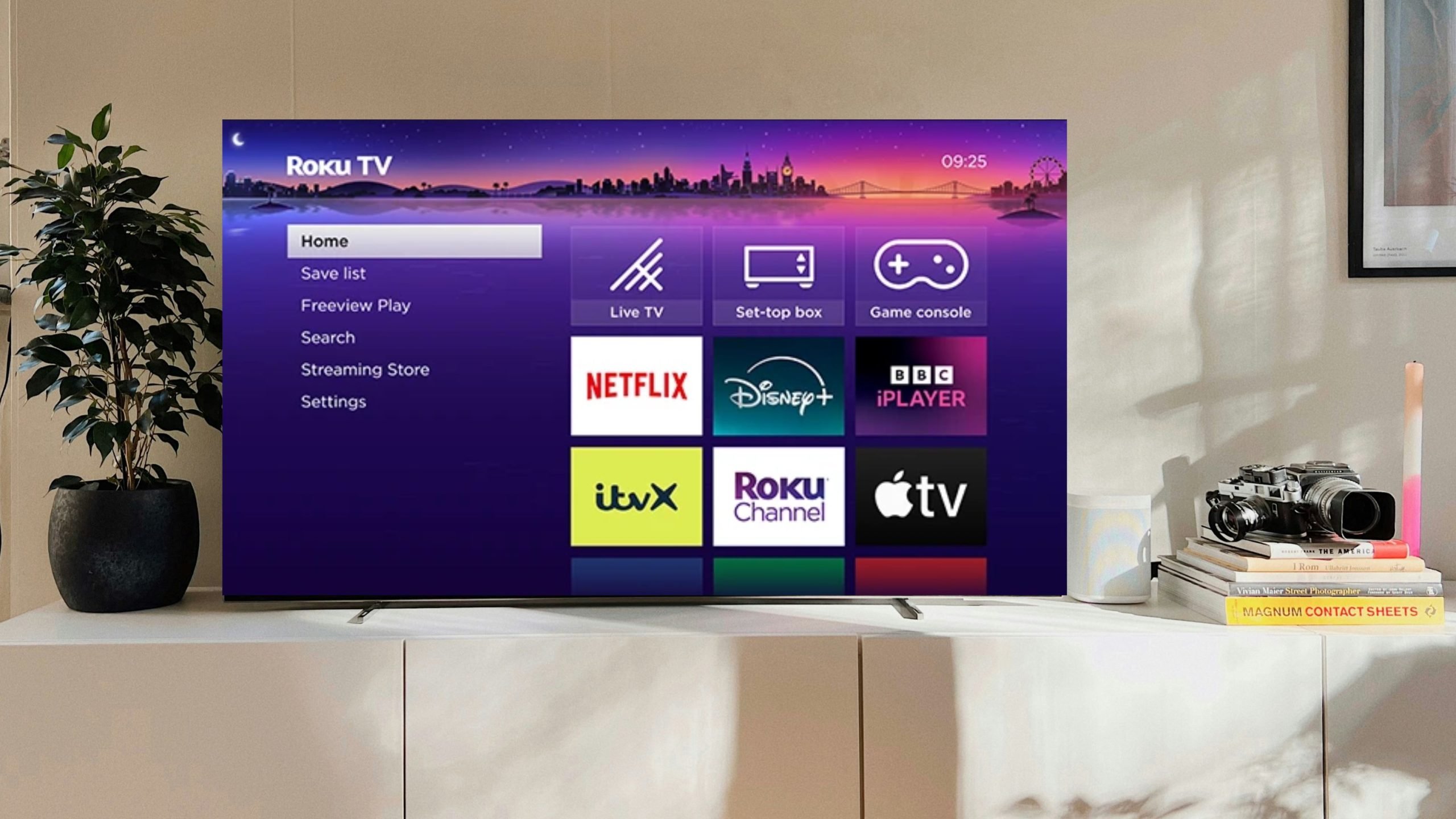Florida’s attorney general has filed a lawsuit against Roku, drawing attention to the growing privacy risks tied to smart devices that quietly track user behavior.
The case, brought by Attorney General James Uthmeier under the Florida Digital Bill of Rights, accuses the streaming company of collecting and selling the personal data of children without consent while refusing to take reasonable steps to determine which users are minors.
We obtained a copy of the lawsuit for you here.
The lawsuit portrays Roku as a company that profits from extensive data collection inside homes, including data from children. According to the complaint, Roku “collected, sold and enabled reidentification of sensitive personal data, including viewing habits, voice recordings and other information from children, without authorization or meaningful notice to Florida families.”
It continues, “Roku knows that some of its users are children but has consciously decided not to implement industry-standard user profiles to identify which of its users are children.”
Another passage states, “Roku buries its head in the sand so that it can continue processing and selling children’s valuable personal and sensitive data.”
The growing push for digital ID–based age verification is being framed as a way to protect children online, but privacy advocates warn it would do the opposite.
More: Discord Support Breach Exposes Over 70,000 Government IDs
These systems require users to prove their age before accessing certain services, often by uploading identification documents, facial scans, or linking accounts to government databases.
That process creates a new trail of sensitive data that can be stored, shared, or breached.
Instead of limiting data exposure, digital ID verification adds another layer of surveillance, turning routine activities like browsing or streaming into transactions that reveal who users are and what they do.
Once age verification becomes normalized, anonymity online and at home could disappear.
Every interaction, from watching a show to reading news or joining a discussion, could be logged and tied to a verified identity.
This approach undermines privacy and free expression by discouraging people from exploring lawful but sensitive content or speaking freely without fear of being tracked.
The filing also claims Roku “should reasonably have been aroused to question whether a consumer was a child and thereafter failed to perform reasonable age verification.”
It adds that Roku processes “the sensitive data of known children under the age of 13 without performing any age verification” and “without any affirmative authorization or consent.”
In announcing the action, Uthmeier said, “Florida families deserve to know what is happening with their children’s personal information. Parents – not technology companies – direct the upbringing of their children. We will hold any company that conceals or exploits that information accountable.”
Roku reaches about 145 million viewers in the United States through its smart TVs and streaming devices, giving it immense access to household data.










